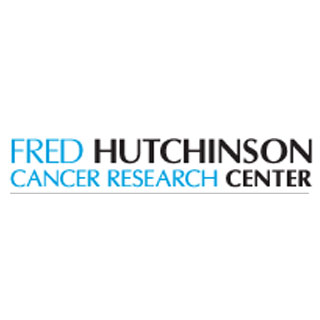There appears to have been a 100-fold rise in H1N1 influenza cases in the Seattle area during spring 2009. Despite this, an aggressive infection control program seems to have helped protect immuno – compromised cancer patients. Along with thorough screening measures, there was apparently no corresponding increase in H1N1 cases among the total patient population at the Seattle Cancer Care Alliance. This is as per a new study by researchers and physicians at Fred Hutchinson Cancer Research Center and the SCCA.
Dedicated completely to outpatient infection control among cancer patients, the SCCA’s infection control program was considered to be distinct. The analysis looks at how patients with blood cancers were screened, diagnosed and treated for H1N1 infections.
The authors also detail how the SCCA’s infection control program seems to have resulted in successful suppression of a potentially serious pandemic among clinic patients and staff. This was suggested by authors Corey Casper, M.D., Janet Englund, M.D. and Michael Boeckh, M.D.
“Our experience shows that aggressive infection control procedures can minimize transmission within the immunocompromised patient population and also reduce acquisition from sources outside the system,” the authors concluded.
“Lessons learned here are important ones because the majority of cancer care is provided in an outpatient setting,” Casper mentioned. “Outpatient cancer care poses more challenges when it comes to protecting patient health because the environment is less controlled than that of a hospital.”
The SCCA infection control program is known to follow recommendations set forth by the federal Centers for Disease Control and Prevention. Each year, it begins Oct. 1 and runs through April 30 with its cornerstone being early recognition of people with potential influenza infection.
Each person who enters the SCCA outpatient clinic building is met with hand hygiene stations and information about respiratory infections and respiratory etiquette. Licensed practical nurses or volunteers administer an 11-point symptom survey to all who enter clinical areas. The program is rounded with the need of staff to receive annual influenza vaccinations or sign a written declination waiver.
To control influenza, the authors urge healthcare institutions caring for immunocompromised patients to ensure all of their staff receive influenza vaccination. With vaccination acting as a primary prevention tool, healthcare staff who may be considerable exposure to confirmed cases of influenza and who have not received a vaccination less than three weeks before the time of exposure or those not given a vaccination at all should be considered for preventive antiviral therapy.
The findings appear in this week’s online version of the journal Blood.

